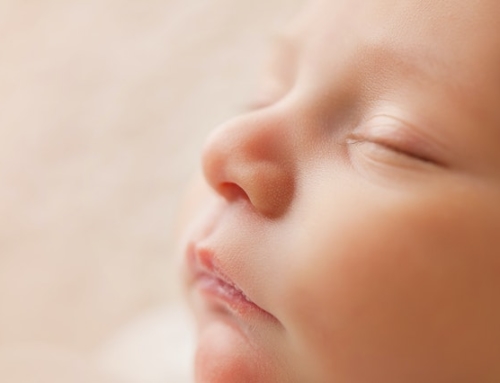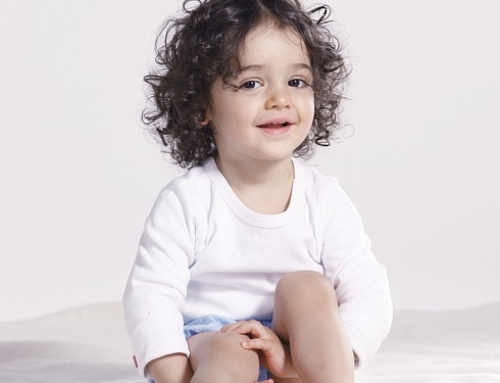The following is the copy for the above video for those who prefer to read:
Hello and welcome to Evolutionary Parenting with Tracy Cassels, PhD. I am Tracy and today I am going to talk a bit about the skill of independent sleep.
If you haven’t seen my previous video on sleep as a skill, I highly recommend checking that out first as it helps debunk the idea that sleep itself is a skill that needs to be taught to our children. In this video I want to go a step further and discuss how the skill many people are really speaking about is independent sleep. That is, they are talking about a supposed need to teach our kids how to sleep independently.
The question we must ask is: Is this necessary?
No.
Unfortunately, in our culture it is thought that children need to sleep alone and without help. Yet this is not something that is biologically or psychologically normal for young children (or, in fact, all humans) and thus it is something that requires “teaching” in order to instill as a normative behaviour. Because most of us have been taught this, we take it for granted that it’s normal, but when we look at this from an evolutionary or biological perspective, we can see it’s not when we consider the following:
- Humans are a social species and as such, our social environment includes others, even at nighttime. Just look historically at our evolutionary roots as hunter-gatherers and the social sleep that occurs.
- Nighttime is a vulnerable period for humans and we have survived by being in groups and sharing the burden of keeping watch and looking out for others. Our infants and young children are especially vulnerable and require the assistance of others to keep them alive, especially in the dark, and will do what they need to in order to seek out safety to sleep.
- Being afraid of the dark is considered one of the core, evolutionarily-based fears for humans. It’s not something that seems to be learned from trauma, but comes from hundreds of thousands of years of building a system that detects threat. (It is not quite advantageous anymore and certainly not worth panicking about as adults, but our children don’t know this yet.)
- If you think of nighttime in terms of our evolutionary history, then sleeping is like we were all camping out in the wilderness. In those situations, would you expect your young children to sleep alone? Apart from you with various other animals that would consider your child a meal?
- At a biological level, contact or proximity to an adult can help young infants and children maintain homeostasis (that is, the regulation of various physiological functions). This may be particularly crucial for children who struggle with regulation, such as children with higher needs or orchid children.
This now leads us to the fact that this “skill” is something that is inherently against their biology and can be stressful for them as it goes against their instinct to survive. Yes, we know that they are not in danger in the house with all kinds of protections, but they don’t know that. Thus to get them to accept independent sleep, we must train them.
I want to be clear that learning to go against our biological instincts isn’t always bad, such is the case with the experience of ongoing stress in our modern life. However, in the case of sleep and our children, they are (a) too younger to understand the fact they are safe, and (b) there is no detriment to them sleeping in a social situation. That is, they don’t need to sleep independently as it’s not linked to any advantage later in life.
Children don’t need to learn to sleep independently and they will develop this when they are ready and know that the same house still means they are connected to the rest of the family. What your child needs is to know first is that they are safe, secure, and you are going to be there for them and that often means being close at night. Don’t let anyone tell you otherwise.






Dear Tracy,
Thank you for this post! Do you have any research/references to support that falling asleep on your own is not a skill that needs to be taught to children? I have some difficulty convincing others of this.
Thank you so much,
Nina